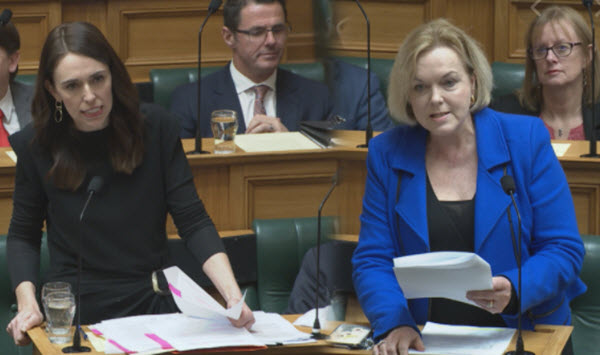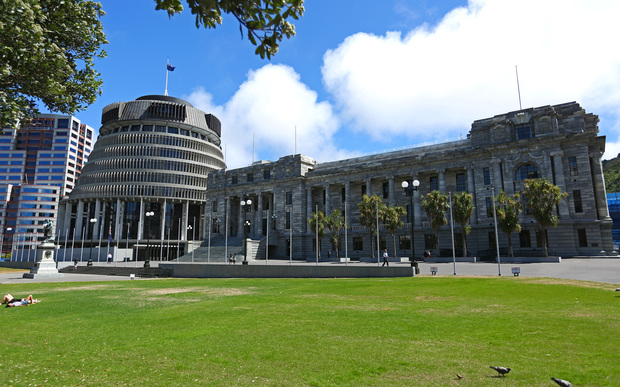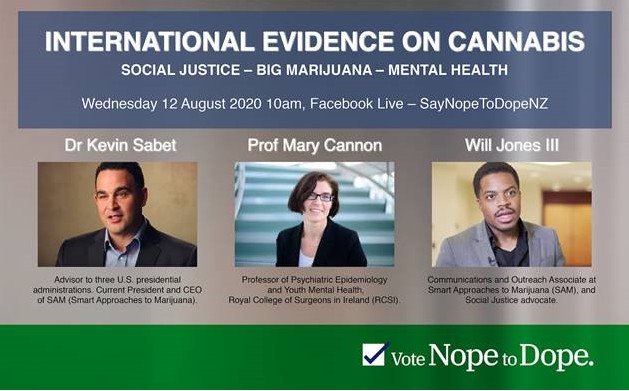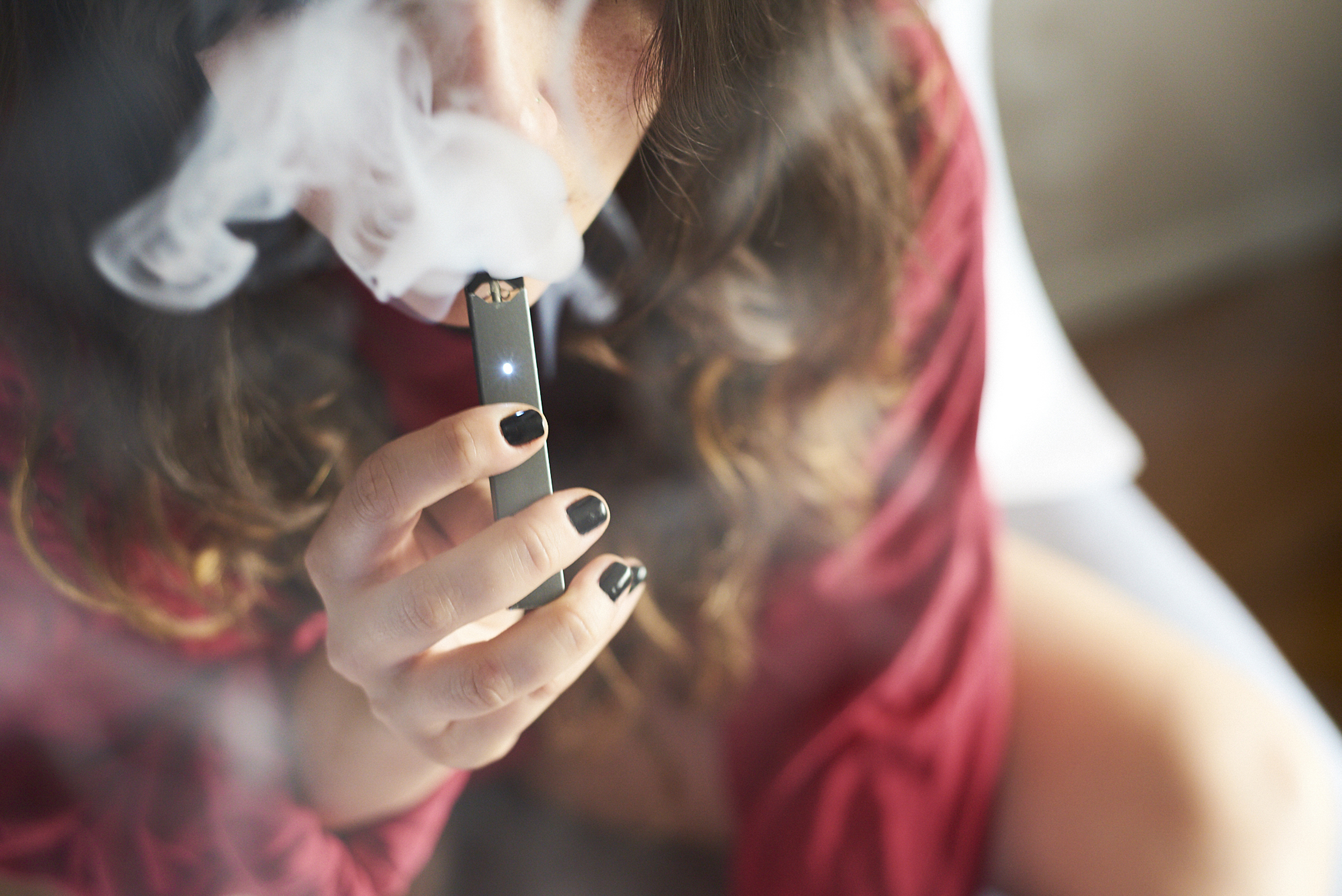Radio NZ News 8 August 2020
Family First Comment: “This unregulated world of marketing of vape as a lifestyle choice has actually created an image and an appeal that means the marketing methods have worked. The message that comes across is that this is something that is cool, hip and trendy. We see the same playbook from the smoking and tobacco ads of the 60s and 70s from Big Tobacco. We know this playbook and they’re using the same rules.”
And if Big Marijuana is allowed to come to NZ, it will be far far worse.
Vaping legislation has come too late to stop a new generation of non-smokers becoming addicted to nicotine, according to a marketing scholar who has researched the use of e-cigarettes.
The bill regulating vape products passed its final hurdle in Parliament this week.
It will outlaw marketing and sponsorship from November.
Point-of-sale marketing and on-site posters will continue, and will not carry health warnings and R18 language until February 2022, said AUT senior lecturer of marketing Dr Sommer Kapitan.
“That’s a long time for habits to be formed and for perceptions that this is a less risky product to still be part of the perception of young people.”
Promotions, social media influencers and festival sponsorships had been used by vaping companies to entice smokers trying to quit, but also to create a new market.
“This unregulated world of marketing of vape as a lifestyle choice has actually created an image and an appeal that means the marketing methods have worked. The message that comes across is that this is something that is cool, hip and trendy.
“We see the same playbook from the smoking and tobacco ads of the 60s and 70s from Big Tobacco. We know this playbook and they’re using the same rules.
Customers had seen colourful vape posters plastered across dairy counters since 2018 and that would continue, she said.
Schools and families had been on the frontline, witnessing the vaping increase among young people, and she herself saw students taking up vaping who had never smoked before.
“For parents, teachers, and principals of today’s youth, this is a win, but a tepid win,” she added.
READ MORE: https://www.rnz.co.nz/news/national/423047/vaping-law-a-tepid-win-in-halting-youth-increase











